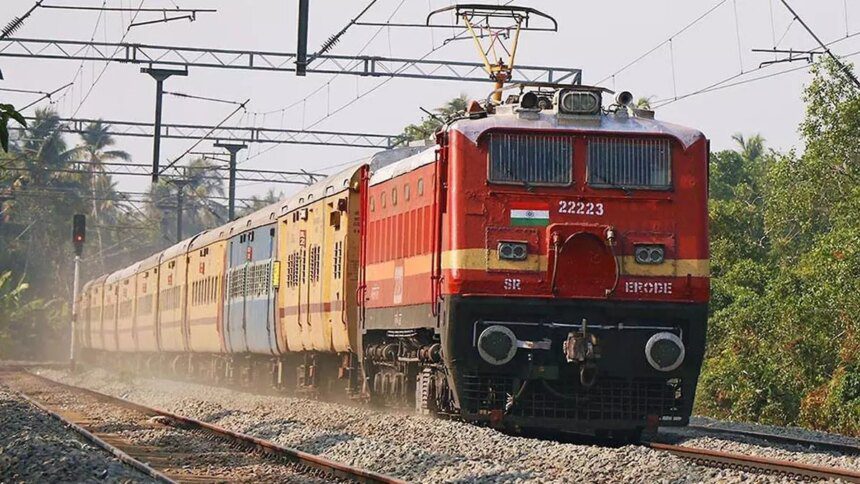Indian Railways has announced a significant reduction in its investments across public sector undertakings (PSUs), special purpose vehicles (SPVs), and joint ventures (JVs) for the financial year 2026, bringing the total down by 20% to ₹22,445 crore, as stated in the recent budget documents. The most substantial cuts were observed in the Dedicated Freight Corridor Corporation of India Ltd, while investment levels in the Bengaluru Suburban Transport (K Ride) project, the Bullet Train initiative, and the Kolkata Metro Rail Corporation are expected to remain stable.
The revised investment estimates for FY25 in this category stood at ₹27,571 crore, indicating a decrease of approximately 32% compared to the budgeted estimates (BE) for FY25, which were set at ₹32,761 crore.
Railways Minister Ashwini Vaishnaw explained to Businessline that "some projects are nearing the end of their investment cycle or have progressed slowly, necessitating a streamlining of investments."
For FY26, the government’s budgetary allocation for railways remains unchanged at ₹252,000 crore, while internal and extra-budgetary resources, particularly for Public-Private Partnerships (PPPs), are maintained at ₹13,000 crore. Notably, there are no announced plans for additional fundraising through market avenues, such as the Indian Railway Finance Corporation (IRFC). In FY25, extra allocations of ₹317.20 crore and ₹60 crore were made for issuing bonus shares for RITES and CONCOR, respectively.
The Dedicated Freight Corridor project has witnessed the most dramatic cut, with investments reduced by 90% to only ₹500 crore, down from ₹5,500 crore in FY25 (revised estimates), and significantly lower than the actual investment of ₹12,241 crore in FY24. Minister Vaishnaw noted that "the investment phase of the project is nearing its end, and therefore, our investments in it have been adjusted accordingly," with nearly 96% of the project now complete. The initiative consists of two main sections—Eastern and Western—with around 100 km of the western segment expected to be finalized in the coming years.
Vaishnaw indicated that the focus is shifting toward "network improvements," with the corridor now acting as both a track operator and cargo handler, ensuring integration with existing railway networks.
For the K Ride project, investment levels are set at approximately ₹350 crore, reflecting a 22% decrease compared to actuals in FY24, though unchanged from the revised estimates of FY25. The minister acknowledged that "there are some issues with the project that are currently being addressed."
Regarding the Kolkata Metro Rail Corporation and the Bullet Train (National High-Speed Rail Corporation) projects, investments are expected to remain steady, allocated at ₹500 crore and ₹19,000 crore, respectively.
Two contrasting scenarios are evident within other Kolkata metro projects. The Dum-Dum airport to New Garia line has experienced a halving of its capital expenditure from the Sovereign Green Fund, dropping to ₹720 crore from ₹1,550 crore in the BE for FY25. In contrast, the Joka-BBD Bagh-Majerhat section saw an increase in allocations, up by 8-10% to ₹915 crore.
While the national railway service anticipates a stable growth rate for cargo transport at 4% for the second consecutive year, a remarkable increase in passenger traffic of 16% is projected. Cargo volumes are projected to exceed 1.6 billion tonnes in the next fiscal year, reaching new records, with revenues estimated at ₹188,000 crore—higher than the revised estimates of ₹180,000 crore for FY25.
Minister Vaishnaw explained, "We have witnessed significant cargo growth over the past few years; however, due to the high base effect, growth rates are expected to moderate." Meanwhile, passenger revenue is anticipated to reach ₹92,800 crore, compared to ₹80,000 crore in the previous estimates.










